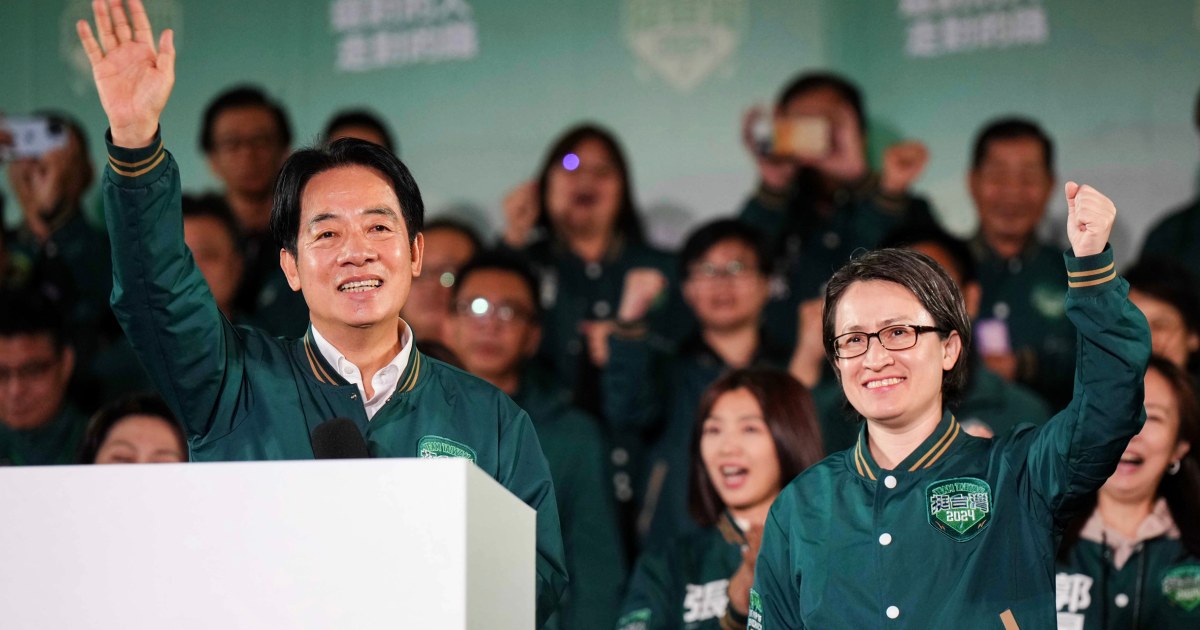Voters in Taiwan elected Vice President Lai Ching-te as their next president on Saturday, defying warnings from Beijing not to support a candidate it has called a separatist and a “troublemaker.”
The election, which China had described as “a choice between war and peace,” could test recent efforts by Beijing and Washington to repair relations that in recent years have fallen to their lowest point in decades. The status of Taiwan, one of the strongest democracies in Asia, is among the most sensitive issues between the two superpowers, and focus will now turn to any potential show of force from Beijing in response.
China claims Taiwan as its own territory and has not ruled out the use of force against the island, while the U.S. is Taiwan’s most important international backer. The majority of Taiwan’s 23 million people are in favor of maintaining the status quo, neither formally declaring independence nor becoming part of China.



They don’t want to declare independence because they have not ever been part of China. By declaring independence, they are giving weight to China’s claims
It’s nothing about maintaining the status quo
Technically it would be a renouncement of their claims over the mainland. For a long time the Taiwanese government considered themselves to be the legitimate government of China.
The KMT still do